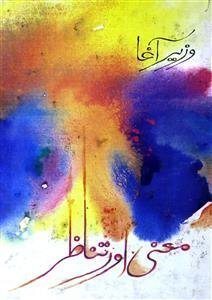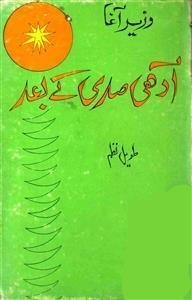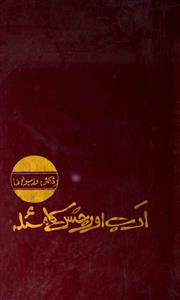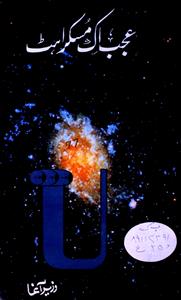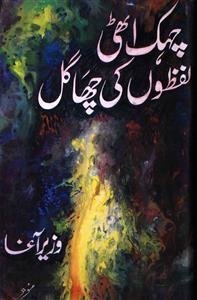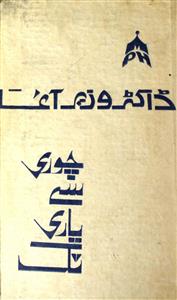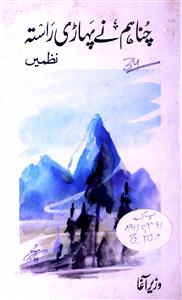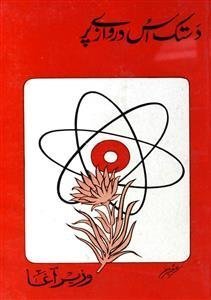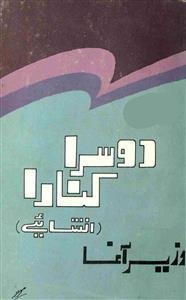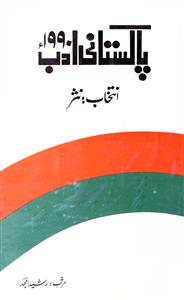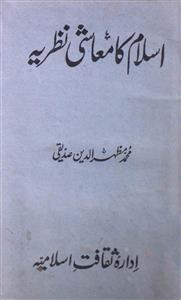 For any query/comment related to this ebook, please contact us at haidar.ali@rekhta.org
For any query/comment related to this ebook, please contact us at haidar.ali@rekhta.org
About The Book
پیش نظر کتاب ان تنقیدی مضامین پرمشتمل ہے جو کسی خاص نظریے کے تابع نہیں ہیں بلکہ اس میں امتزاجی زاویے کے تحت مصنف نے اپنا نظریہ پیش کیا ہے۔امتزاجی تنقید نقد ونظر کا کوئی مقرر یا متعین نظریہ نہیں ہے بلکہ محض ایک زاؤیہ نگاہ ہے جس کے تحت نقاد ادب کے نظریات کے علاوہ "تخلیق" کو بھی کھلے دل و دماغ کے ساتھ دیکھنے کا متمنی ہوتا ہے۔وہ تخلیق کا تنقیدی جائزہ لیتے ہوئے کسی خاص نظریے کی سچائی کو ثابت کرنے کا اس کامقصد نہیں تھا بلکہ وہ تخلیق کے ظاہر و مخفی معنوں تک رسائی حاصل کرکے قارئین تک پہنچانا چاہتا ہے۔تخلیق کے بدلتے رنگوں کا نظارہ کر کے نہ صرف خود کو بلکہ قاری کو بھی جمالیاتی سطح پر مسرور اور مہبوت کرنا ہے بلکہ ذہن کے افق کو کشادہ کرتا ہے تاکہ معنی کو ایک وسیع تناظر میں رکھ کر سمجھا جا سکے۔
About The Author
Wazir Agha was born on 18 May 1922 in the village Wazir Kot in the Sargodha district. Agha picked up the Persian language from his father, Punjabi from his mother and the English language from his British friends. During his school years, he developed a strong fondness for Urdu ghazals and started composing poetry on his own. He graduated from Government College, Jhang and later received his masters in Economics from Government College, Lahore. He was awarded the degree of doctorate by the University of Punjab in 1956 for his research on humor and satire in Urdu Literature. Wazir Agha was the editor of the college magazine "Chanab" in Government College, Jhang. In 1944. From 1960 to 1963, he acted as a co-editor of Adbi Duniya and from 1965 onwards, he remained editor of monthly Auraq for many decades. Pakistan Academy of Letters (PAL) has published a book on life and work of Dr. Wazir Agha under publishing project of "Makers of Pakistani Literature". Wazir Agha also wrote an autobiography Shaam Ki Mundair Sey. Wazir Agha died on 7 September 2010 in Lahore.
 For any query/comment related to this ebook, please contact us at haidar.ali@rekhta.org
For any query/comment related to this ebook, please contact us at haidar.ali@rekhta.org
